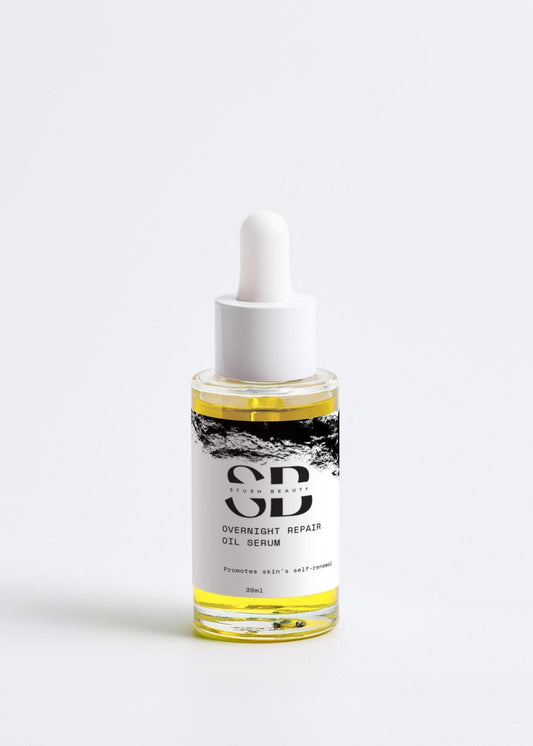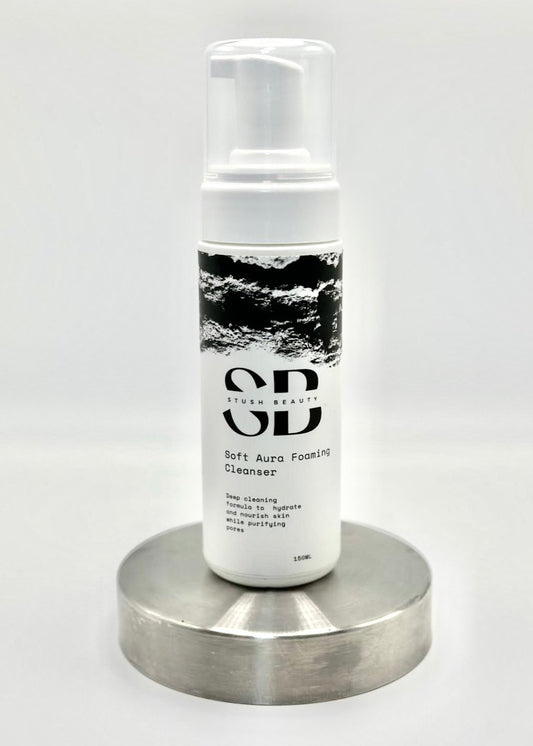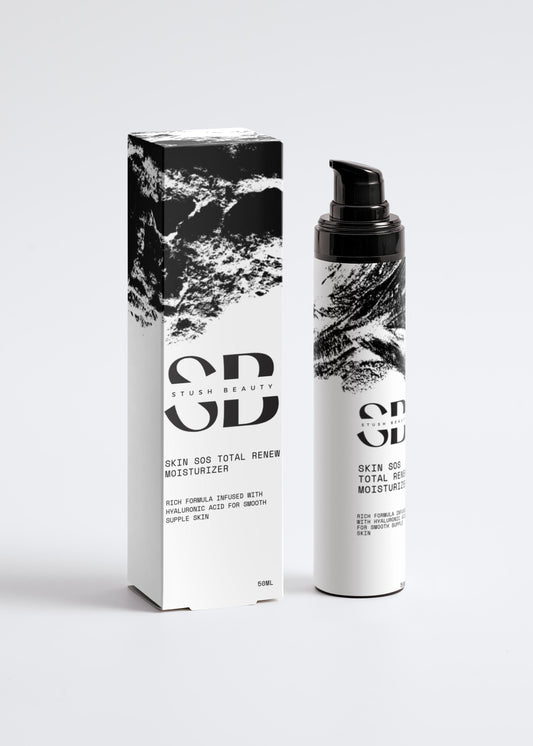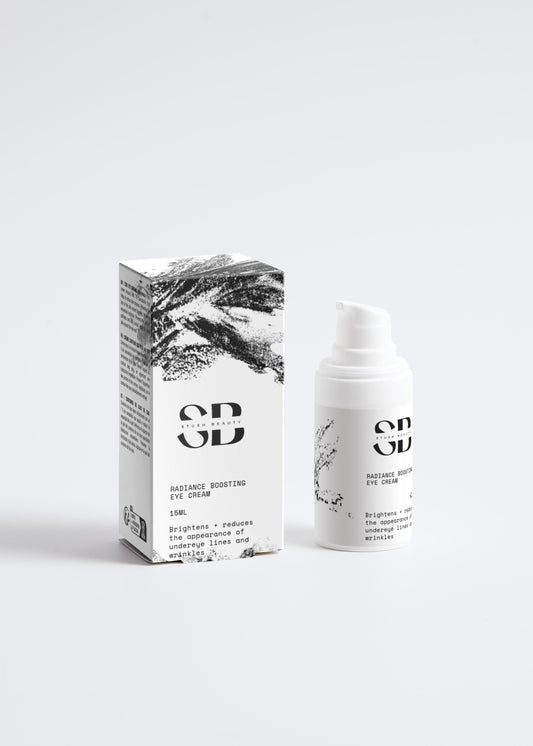As the sun graces us with its warm embrace, it's crucial to remember the importance of protecting our skin from its powerful rays. Sunscreen isn't just a summertime essential; it's a year-round necessity for maintaining healthy skin and preventing sun damage. With countless options lining the shelves, finding the perfect sunscreen can feel like searching for a needle in a haystack. So, can I recommend a great sunscreen? Let's dive in and explore what makes a sunscreen truly exceptional.
Understanding Sunscreen Basics
Before delving into recommendations, let's brush up on the basics. Sunscreens come in two primary forms: chemical and physical (mineral). Chemical sunscreens work by absorbing UV rays and converting them into heat, while physical sunscreens create a protective barrier by reflecting and scattering UV rays away from the skin. Both types offer broad-spectrum protection against UVA and UVB rays, but individual preferences and skin types may influence which type you choose.
Key Factors to Consider
-
SPF (Sun Protection Factor): SPF measures a sunscreen's ability to protect against UVB rays, which cause sunburn. Higher SPF values indicate greater protection. Experts typically recommend using a sunscreen with SPF 30 or higher for adequate protection.
-
Broad-Spectrum Protection: Look for sunscreens labeled as "broad-spectrum," meaning they protect against both UVA and UVB rays. UVA rays penetrate deep into the skin and contribute to premature aging and skin cancer, while UVB rays primarily cause sunburn.
-
Water Resistance: If you'll be swimming or sweating, opt for a water-resistant sunscreen. Keep in mind that even water-resistant sunscreens require reapplication after swimming or excessive sweating.
-
Ingredients: Consider your skin type and any sensitivities when choosing sunscreen ingredients. Mineral sunscreens containing zinc oxide or titanium dioxide are less likely to cause skin irritation, making them suitable for sensitive skin.
-
Texture and Application: Choose a sunscreen formulation that suits your preferences and lifestyle. Options range from lightweight lotions and sprays to creamy moisturizers and tinted formulas.
Top Recommendations
-
EltaMD UV Clear Broad-Spectrum SPF 46: This dermatologist-recommended sunscreen features zinc oxide for broad-spectrum protection and niacinamide to calm and soothe sensitive skin. Its lightweight, oil-free formula makes it ideal for daily wear under makeup.
-
La Roche-Posay Anthelios Melt-in Milk Sunscreen SPF 100: Offering maximum sun protection with a high SPF rating, this water-resistant sunscreen absorbs quickly without leaving a greasy residue. It's suitable for all skin types, including sensitive skin.
-
CeraVe Hydrating Mineral Sunscreen SPF 30: Formulated with zinc oxide and ceramides, this sunscreen provides both sun protection and hydration for dry or sensitive skin. Its gentle, non-comedogenic formula won't clog pores, making it suitable for acne-prone skin.
-
Supergoop! Unseen Sunscreen SPF 40: This lightweight, oil-free sunscreen applies smoothly and invisibly, leaving behind a velvety finish that works well alone or under makeup. It provides broad-spectrum protection and is suitable for all skin types.
-
Neutrogena Ultra Sheer Dry-Touch Sunscreen SPF 100: Affordable and widely available, this sunscreen offers high SPF protection in a lightweight, fast-absorbing formula. Its dry-touch finish makes it ideal for daily wear without a greasy feel.
Conclusion
While I can't definitively label one sunscreen as the "best" for everyone, these recommendations encompass a variety of preferences and skin types. Remember, consistent application and reapplication are key to effective sun protection. Find a sunscreen that suits your needs and encourages you to prioritize sun safety every day, no matter the season. Your skin will thank you for it in the long run.




